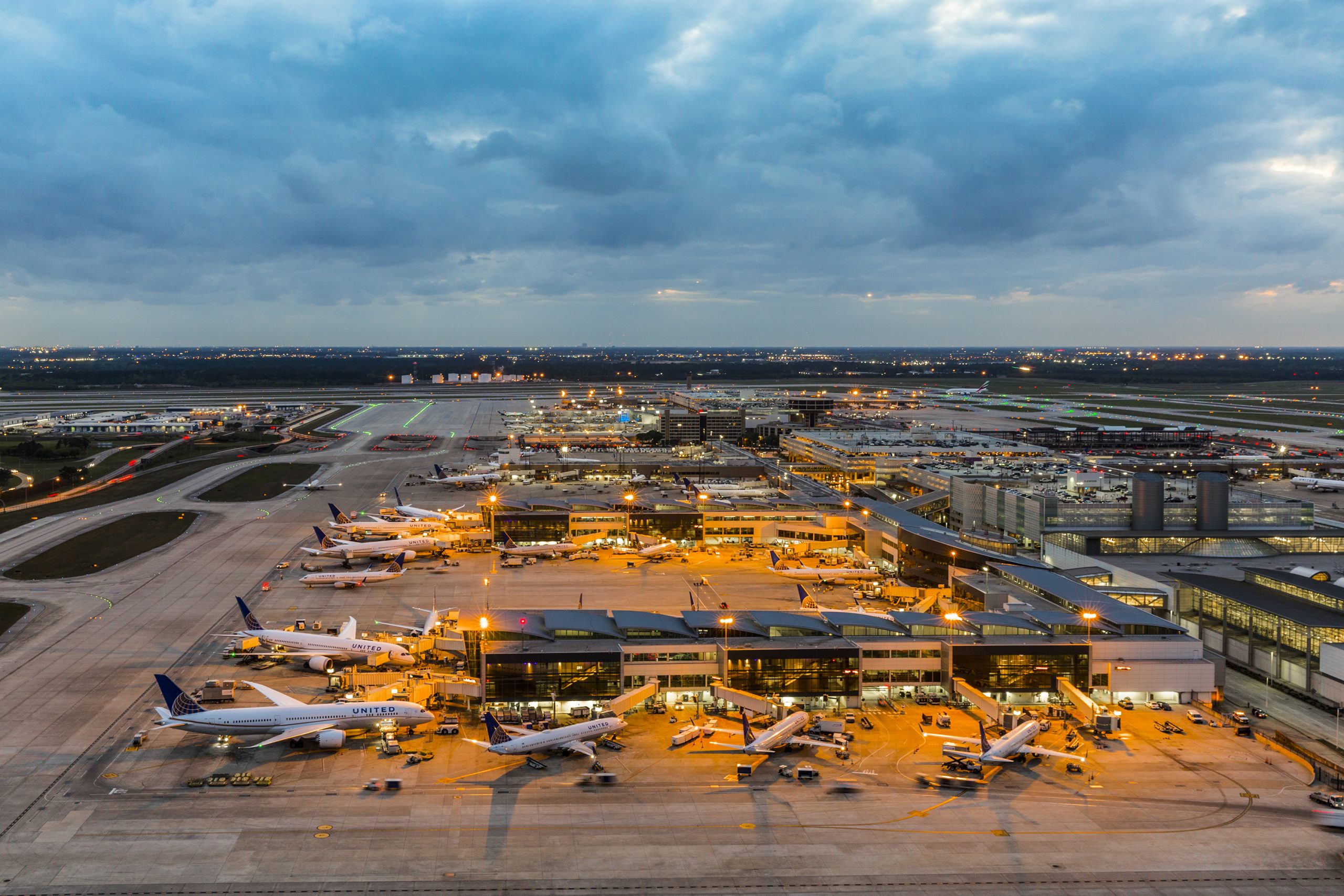Artificial Intelligence (AI) has been one of the most transformative technologies of the 21st century. From automating mundane tasks to enabling groundbreaking scientific discoveries, AI continues to reshape the fabric of our lives. But as we stand on the cusp of a new era, the way we use AI is undergoing a profound transformation—one that will redefine industries, enhance human capabilities, and address some of the world’s most pressing challenges.
1. AI Beyond Automation: Enabling Creativity and Innovation
Traditionally, AI has been synonymous with automation, excelling in repetitive and data-driven tasks. However, the next frontier is leveraging AI to amplify human creativity and innovation. Generative AI models like GPT and DALL-E are empowering artists, designers, and writers to push the boundaries of their imagination. Businesses are also harnessing AI to generate novel product designs, optimize workflows, and craft personalized customer experiences.
For instance, companies in the fashion and entertainment industries are using AI to predict trends, design apparel, and even script films. By augmenting human ingenuity, AI is becoming less of a tool and more of a creative collaborator.
2. Democratizing AI Access: Bridging the Digital Divide
One of the most promising aspects of AI’s evolution is its increasing accessibility. Cloud-based AI platforms, open-source models, and low-code/no-code tools are making AI development more inclusive. This democratization is enabling small businesses, non-profits, and individuals to harness the power of AI without requiring extensive technical expertise or large financial investments.
For example, farmers in remote regions are using AI-powered apps to monitor crop health, while small healthcare providers are employing AI to analyze patient data and improve outcomes. By putting advanced tools in the hands of everyday users, AI is leveling the playing field and fostering innovation across diverse sectors.
3. Ethical AI: Building Trust and Transparency
As AI becomes more integrated into our lives, ensuring its ethical use is paramount. Issues such as data privacy, algorithmic bias, and accountability are at the forefront of discussions around AI governance. The future of AI lies in systems that are transparent, explainable, and aligned with human values.
Organizations are adopting ethical AI frameworks, conducting bias audits, and involving diverse stakeholders in AI development processes. These efforts are crucial to building public trust and ensuring that AI serves as a force for good.
4. AI for Social Good: Tackling Global Challenges
AI’s potential to address global challenges is immense. From combating climate change to improving healthcare access in underserved areas, AI-driven solutions are making a tangible impact. For example:
- Environmental Conservation: AI is being used to monitor deforestation, predict natural disasters, and optimize renewable energy systems.
- Healthcare: AI-powered diagnostics are enabling early detection of diseases like cancer and Alzheimer’s, often with greater accuracy than traditional methods.
- Education: AI-driven platforms are personalizing learning experiences, making education more engaging and accessible for students worldwide.
5. The Future: Human-AI Collaboration
Rather than replacing humans, the future of AI lies in collaboration. By combining human intuition with AI’s computational power, we can achieve feats that were once thought impossible. This symbiotic relationship is already evident in fields like medicine, where AI assists doctors in diagnosing complex cases, and in scientific research, where AI accelerates the discovery of new materials and drugs.
As AI continues to evolve, its role will shift from being a mere tool to becoming an indispensable partner in our personal and professional lives. The key will be to strike a balance—leveraging AI’s capabilities while ensuring that human values and creativity remain at the core of its applications.
Conclusion
The revolution in how we use AI is not just about technological advancements; it’s about reimagining what’s possible. By embracing AI responsibly and inclusively, we can unlock its full potential to drive progress, solve complex problems, and enrich our lives. As we navigate this exciting journey, one thing is clear: the future of AI is not just in the hands of tech giants and researchers—it belongs to all of us.



